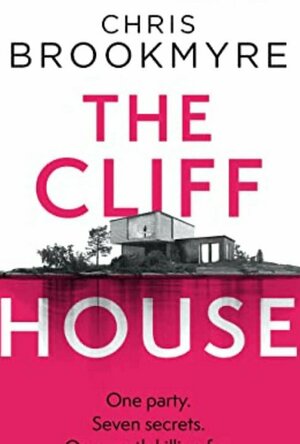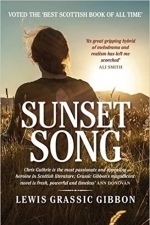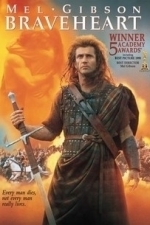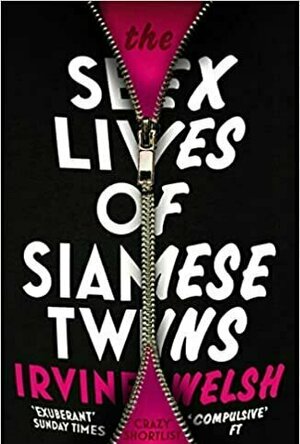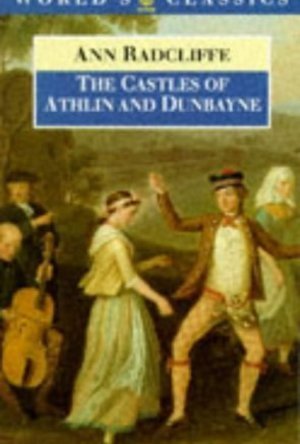
The Castles of Athlin and Dunbayne
Book
Ann Radcliffe's first novel is set in the Middle Ages against the melancholy beauty of mountains and...
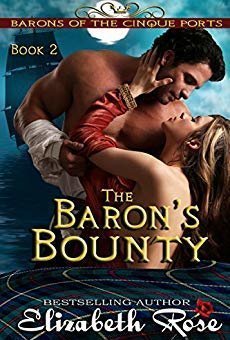
The Baron's Bounty
Book
After witnessing the murder of the Scottish king, Isobel MacEwen is sent as her cousin’s proxy to...
ClareR (6067 KP) rated The Cliff House in Books
Dec 10, 2022
So when the chef is murdered and one of the hens goes missing presumed kidnapped, it’s a race against time to save her. And then the secrets start to come out…
This was fast paced and great fun. None of the characters were particularly nice, but I do love to hate characters in my books!
Read with relish on The Pigeonhole!
Eilidh G Clark (177 KP) rated Sunsett Song in Books
May 14, 2017
Colin Campbell (25 KP) rated Braveheart (1995) in Movies
Apr 28, 2019
So to save some confusion:
Longshanks died well after Wallace
The French Princess did not exist
The Bruce wasn't a traitor
Wallace wasn't the leader until after Stirling Bridge
Woad hadn't been worn for about 1000 years
It didn't start with the death of his wife
So now I have this off my chest, to the film itself. It is an epic and one of the films that you must see before you die, just like Shawshank, High Noon and Inside Out.
The story of the one group persecuting another, and a man coming back to his village after spending time abroad learning taking revenge on the death of his secret wife cumulating in open rebellion and war is a common story told many times in cinema history. What makes this is the scenery and the cinematography.
The fight scenes show the brutality and barbarity of war in this era in history. This does it expertly!
If you want something more historically accurate look at Rob Roy with Liam Neeson, if you want a chill film this is the one for you.
Sarah (7800 KP) rated The Sex Lives of Siamese Twins in Books
Apr 7, 2020
This is not a pleasant read, in more ways than one. The main character Lucy is a horrendous person, which is intentional but it doesn’t make for a nice read. There’s nothing redeemable about her at all and the longer the book goes on, the more repulsed you become by her behaviour. She’s not meant to be massively likeable, but I really didn’t enjoy reading a book where the main character is that disgusting. It’s a shame as the actual plot itself is quite decent and has a lot of interesting aspects and developments. The problem though is the characters and the fact that this is far too explicit and crude, it’s entirely unnecessary. The writing style also grates a lot in this. It seemed to work for Trainspotting but in this it just seems inappropriate - why Welsh can’t write conversation and paragraphs with proper punctuation and paragraphs I’ll never know. And finally the ending in this is just laughable. After such a horrific story the ending seems so out of place and so undeserving for such characters. If you want to read Irvine Welsh, read Trainspotting. Don’t bother with this.
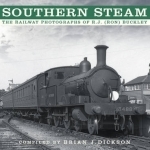
Southern Steam: The Railway Photographs of R.J. (Ron) Buckley
Book
Ron Buckley's evocative photographs reveal the changing scene of the Southern Railway, illustrating...
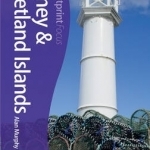
Orkney & Shetland Islands: Includes Skara Brae, Fair Isle, Maeshowe, Scapa Flow, Up-Helly-Aa
Book
When the rain stops falling and the mist clears there is no more beautiful place on Earth than...
The Literary Culture of Early Modern Scotland: Manuscript Production and Transmission, 1560-1625
Book
This study presents a history of the literary culture of early-modern Scotland (1560-1625), based on...
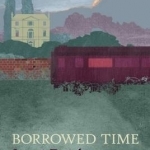
Borrowed Time
Book
A year after the sudden death of her husband, Sonia Billings impulsively leaves her Yorkshire home...
